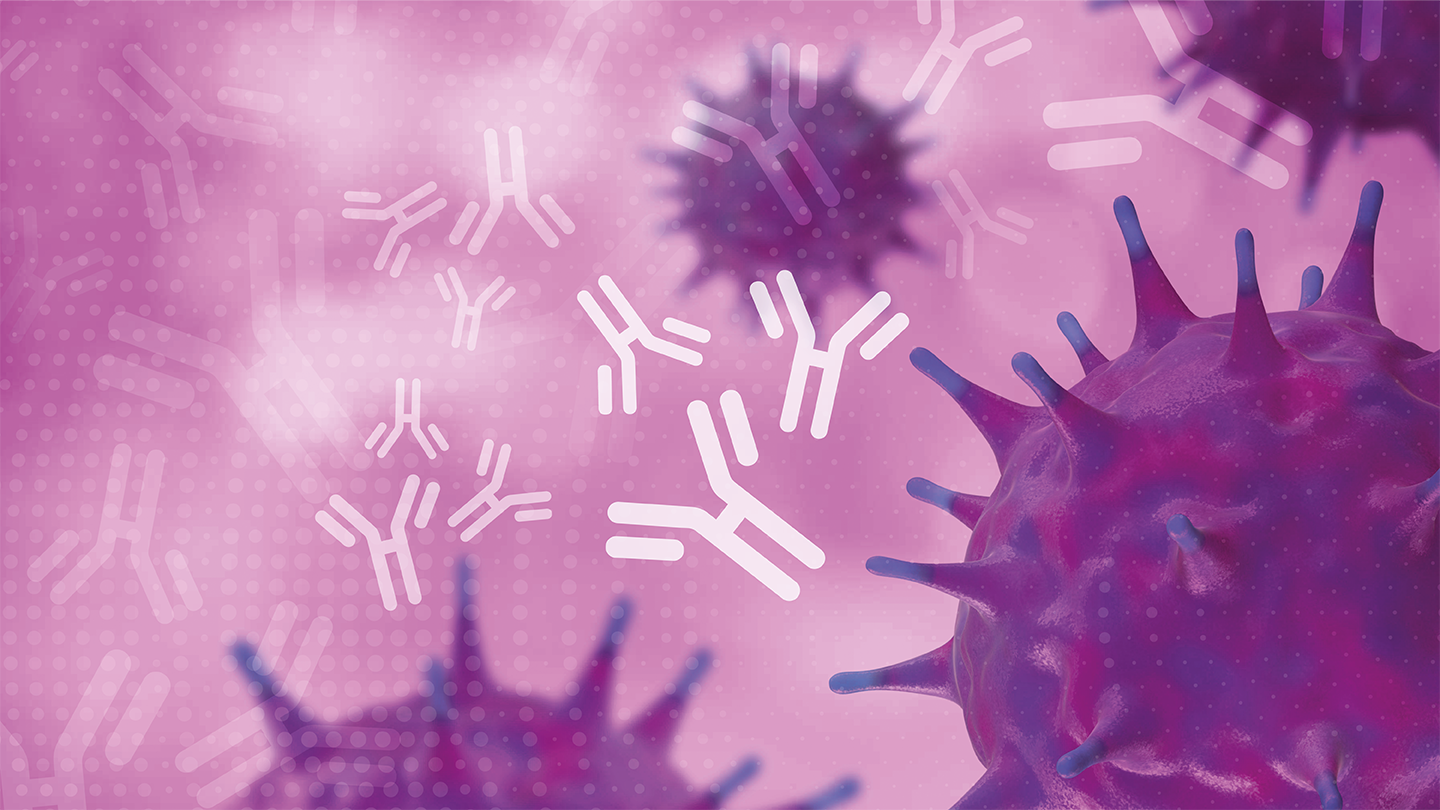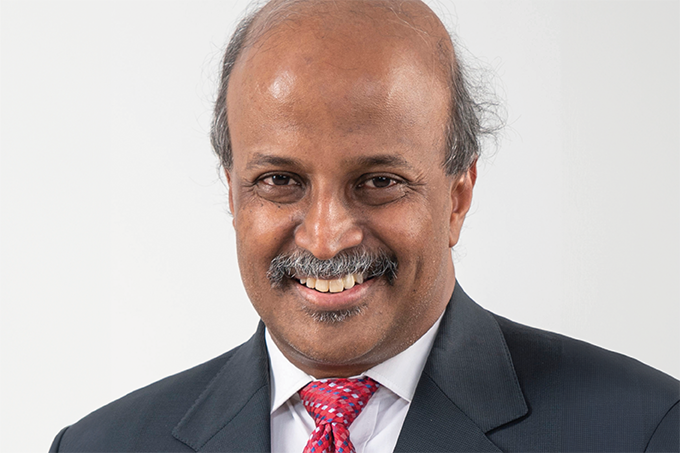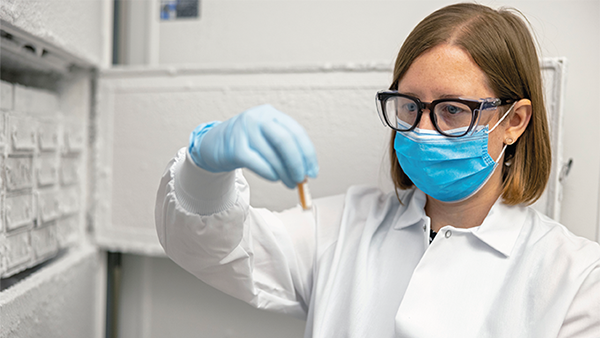When Prejudice Halts Progress
Uganda’s new anti-LGBTQ+ law threatens access to HIV care and jeopardizes UNAIDS treatment targets
On May 26, Ugandan President Yoweri Museveni signed the Anti-Homosexuality Act 2023, criminalizing same-sex conduct – going as far as to sanction the death penalty for people convicted of “aggravated homosexuality,” which includes transmitting HIV. Uganda isn’t alone – 65 other countries criminalize homosexuality and 11 others impose the death penalty – but the new law has been labeled one of the harshest anti-LGBTQ+ laws worldwide.
Notably, the law also punishes supporters of the LGBTQ+ community – and those people seen to “promote” homosexuality could face fines or up to 20 years in prison. This aspect of the law not only raises concerns among media personnel and journalists, but it also threatens AIDS activists and organizations providing treatment for people living with HIV (PLWH) – and those without access to care will be the ones who suffer most.
“Before even factoring in LGBTQ+ rights, there are major issues globally with access to HIV prevention, testing, and treatment; then when you add in homophobia, biphobia, and transphobia as further barriers, it’s an even more difficult situation,” says Fraser Wilson from the Terrence Higgins Trust. Although some countries are fortunate to have free access to prevention, testing, and treatment, not all are in the same position, he says. “The reality is we won’t end new HIV cases until we tackle the deep inequities [across the globe] that continue to exacerbate the epidemic. And that isn’t just about LGBTQ+ rights, but also the impact of racism, sexism, and misogyny.”
In a statement released from UNAIDS shortly after the bill was signed, the organization states that Uganda’s progress in HIV care is “now in grave jeopardy” and that the new law will “obstruct health education and the outreach that can help end AIDS as a public health threat,” alongside inciting fear among LGBTQ+ people in the country over their safety and security, while fueling existing stigma.
“Both those who are LGBTQ+ and those who aren’t will be discouraged from accessing prevention, testing, and treatment because of this new legislation,” says Wilson. This not only blocks individuals in Uganda from accessing vital care, but will likely hinder progress toward UNAIDS’ HIV treatment targets. UNAIDS cites that, by 2021, 89 percent of PLWH in Uganda knew their HIV status, and over 92 percent of them were on antiretroviral therapy – 95 percent of whom were virally suppressed. In other words, the country was “well on track” to achieve its targets.
The UK’s Telegraph newspaper talks of an “HIV timebomb,” reporting that there are already 1,000 new HIV infections each week in Uganda – a number that will only increase as PLWH are “driven underground” by the Act. To prove the point, some clinics have seen a significant decline in LGBTQ+ walk-ins for HIV testing and treatment since March 2023 – when the bill was first brought to parliament – and antiretroviral drug supplies are piling up…





